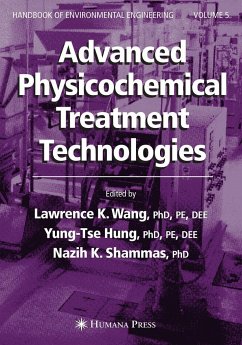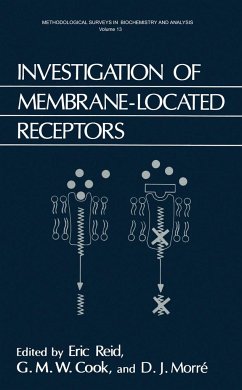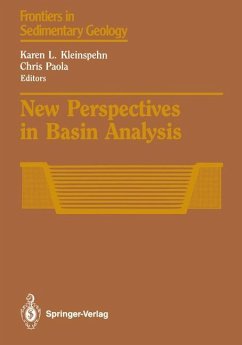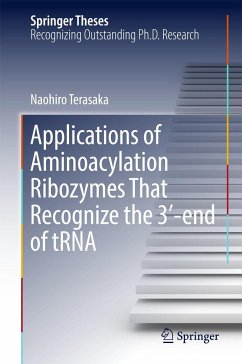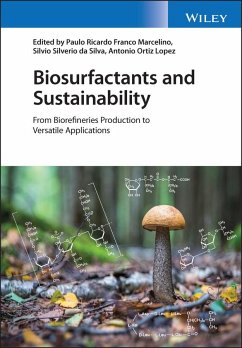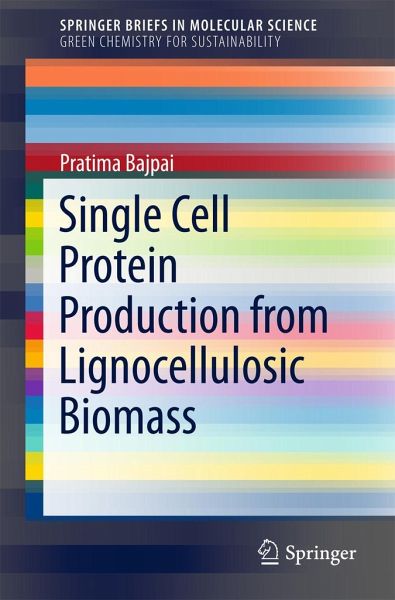
Single Cell Protein Production from Lignocellulosic Biomass

PAYBACK Punkte
19 °P sammeln!
This book focuses on bioconversion of lignocellulosic residues into single-cell protein, which offers an alternative to conventional proteins (such as soybean meal, egg protein or meat protein in animal feed) that is not affected by the climate. It provides an overview of the general uses of lignocellulosic residues and their bioconversion into single-cell protein using microorganisms, as well as the recovery of the valuable by-products. It also explores the benefits and potential drawbacks of single-cell protein, with an emphasis on the economic advantages of such processes. Given its multidi...
This book focuses on bioconversion of lignocellulosic residues into single-cell protein, which offers an alternative to conventional proteins (such as soybean meal, egg protein or meat protein in animal feed) that is not affected by the climate. It provides an overview of the general uses of lignocellulosic residues and their bioconversion into single-cell protein using microorganisms, as well as the recovery of the valuable by-products. It also explores the benefits and potential drawbacks of single-cell protein, with an emphasis on the economic advantages of such processes. Given its multidisciplinary scope, the book represents a valuable resource for academics and industry practitioners interested in the production of single-cell protein from lignocellulosic residues.






